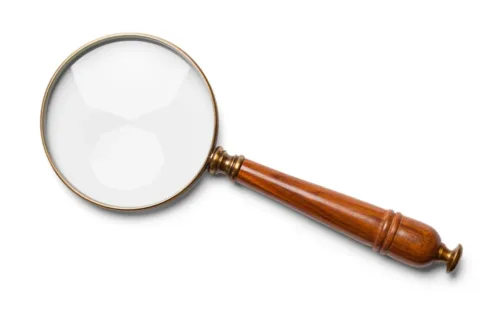Breaking the Silence and Building Stronger, Healthier Communities
Mental health is just as vital as physical health — yet it’s often misunderstood, stigmatized, or overlooked. Every day, countless people across Washington, Idaho, New Mexico, and Utah live with depression, anxiety, ADHD, PTSD, or mood disorders but hesitate to seek help.
At NVelUp.care, we believe that mental health awareness is the first step toward healing. Awareness helps individuals recognize symptoms early, encourages open conversations, and creates a supportive environment for recovery. Let’s explore why spreading awareness matters more than ever — and how you can be part of the change.
1. Awareness Encourages Early Intervention
When people understand mental health conditions, they’re more likely to notice early signs — both in themselves and others. Conditions like depression, bipolar disorder, or anxiety often start subtly: changes in sleep, loss of motivation, mood swings, or difficulty focusing.
Without awareness, these symptoms are often dismissed as “just stress” or “a bad week.” Early recognition allows timely access to therapy, psychiatry, or medication management, preventing conditions from worsening.
At NVelUp.care, our psychiatrists and therapists specialize in early assessment and treatment through online psychiatry and talk therapy, making help accessible no matter where you live.
2. Awareness Reduces Stigma and Shame
Despite progress, mental health stigma persists. Many hesitate to reach out because they fear being judged, misunderstood, or labeled as “weak.”
Awareness helps normalize mental health challenges by reminding people that disorders like OCD, PTSD, personality disorders, or mood disorders are medical conditions — not personal flaws.
When communities speak openly about therapy, med management, or even low testosterone symptoms affecting mood and motivation, they create safe spaces for others to seek help without fear.
3. Awareness Connects People to the Right Care
Understanding the different types of mental health professionals can be life-changing:
- A psychiatrist can provide medication management for anxiety, depression, or ADHD.
- A psychologist or therapist can guide you through talk therapy to process trauma or build coping skills.
- Naturopaths (NDs) and nutrition coaches can address root causes such as hormonal imbalances or poor nutrition.
- A personal trainer or fitness specialist can support your body’s healing through movement and strength.
At NVelUp.care, we integrate these services — blending psychiatry, therapy, naturopathy, and fitness — to provide a comprehensive path to wellness.
4. Awareness Helps Identify Overlooked Conditions
Not all mental health issues look the same. Some people experience constant sadness, while others show irritability, panic, or physical symptoms like fatigue and insomnia.
Commonly overlooked issues include:
- Low testosterone (Low T) — can mimic depression and low energy.
- ADHD in adults — often misdiagnosed as anxiety or burnout.
- PTSD — sometimes hidden behind anger or emotional numbness.
- Bipolar disorder — can appear as intense mood changes mistaken for stress.
Awareness helps individuals and families recognize these patterns and connect with specialists for personalized care. If you’ve ever searched for a psychiatrist near me or wondered whether you should see a therapist for depression, awareness is your first step toward healing.
5. Awareness Promotes Holistic Healing
Mental health isn’t only about the mind — it’s about the whole self.
At NVelUp.care, we believe in addressing the biological, psychological, and lifestyle factors that influence wellness. This may include:
- Medication management and psychotherapy
- Nutrition coaching and fitness training
- Hormonal support and testosterone optimization
- Mindfulness and talk therapy
By understanding how physical and emotional health interact, awareness helps people embrace a holistic approach to well-being.
6. Awareness Builds Compassionate Communities
When mental health becomes part of public conversation, compassion grows. Employers, schools, and families become better equipped to support individuals dealing with anxiety, panic disorders, or depression.
This understanding can prevent crises, reduce suicide risk, and foster a culture where seeking help is celebrated — not hidden.
How You Can Make a Difference
- Start a conversation — ask how someone’s really doing.
- Share educational resources or attend awareness events.
- Encourage friends and family to explore therapy or online psychiatry.
- Prioritize your own mental wellness through nutrition, fitness, and self-care.
Every act of awareness creates a ripple effect that could save a life.
🌿 Take Charge of Your Mental Wellness
Whether you’re struggling with depression, anxiety, ADHD, or mood disorders, or you want to understand your mental health better, you’re not alone.
👉 Visit NVelUp.care to connect with our compassionate team of psychiatrists, therapists, naturopaths, and wellness experts across Washington, Idaho, New Mexico, and Utah.
Together, let’s build awareness — and a healthier, more compassionate future.







